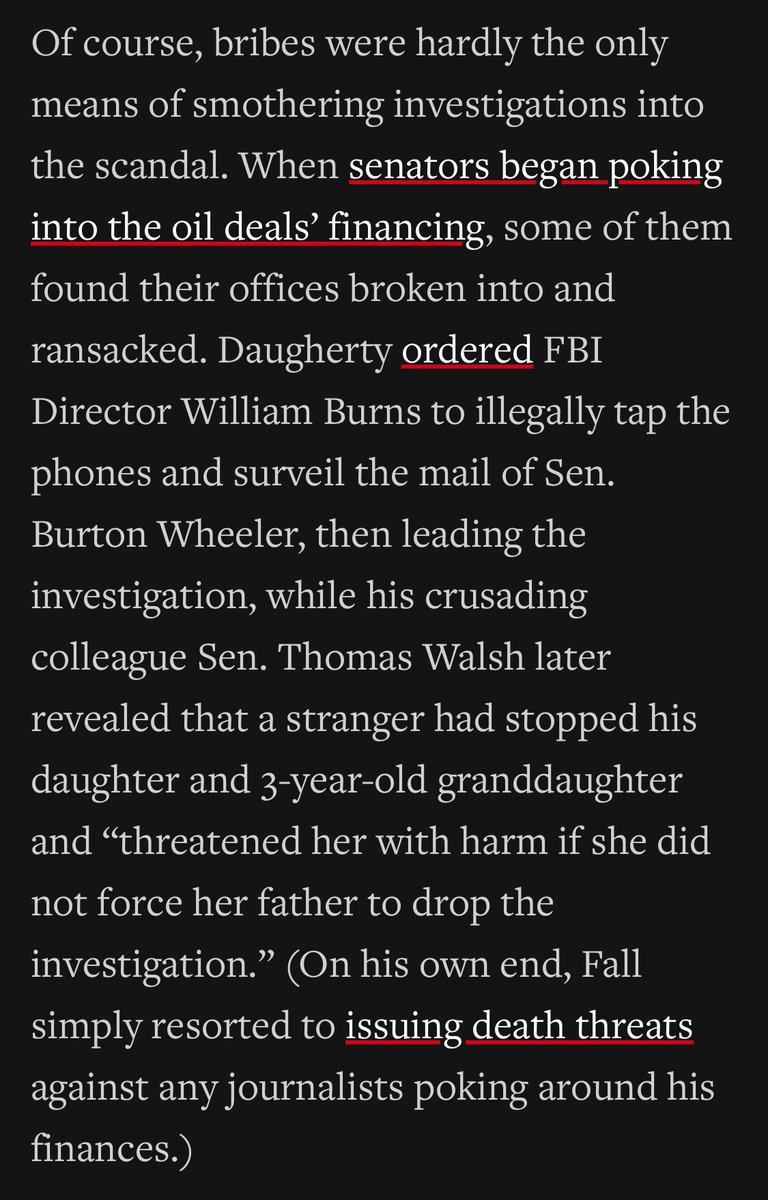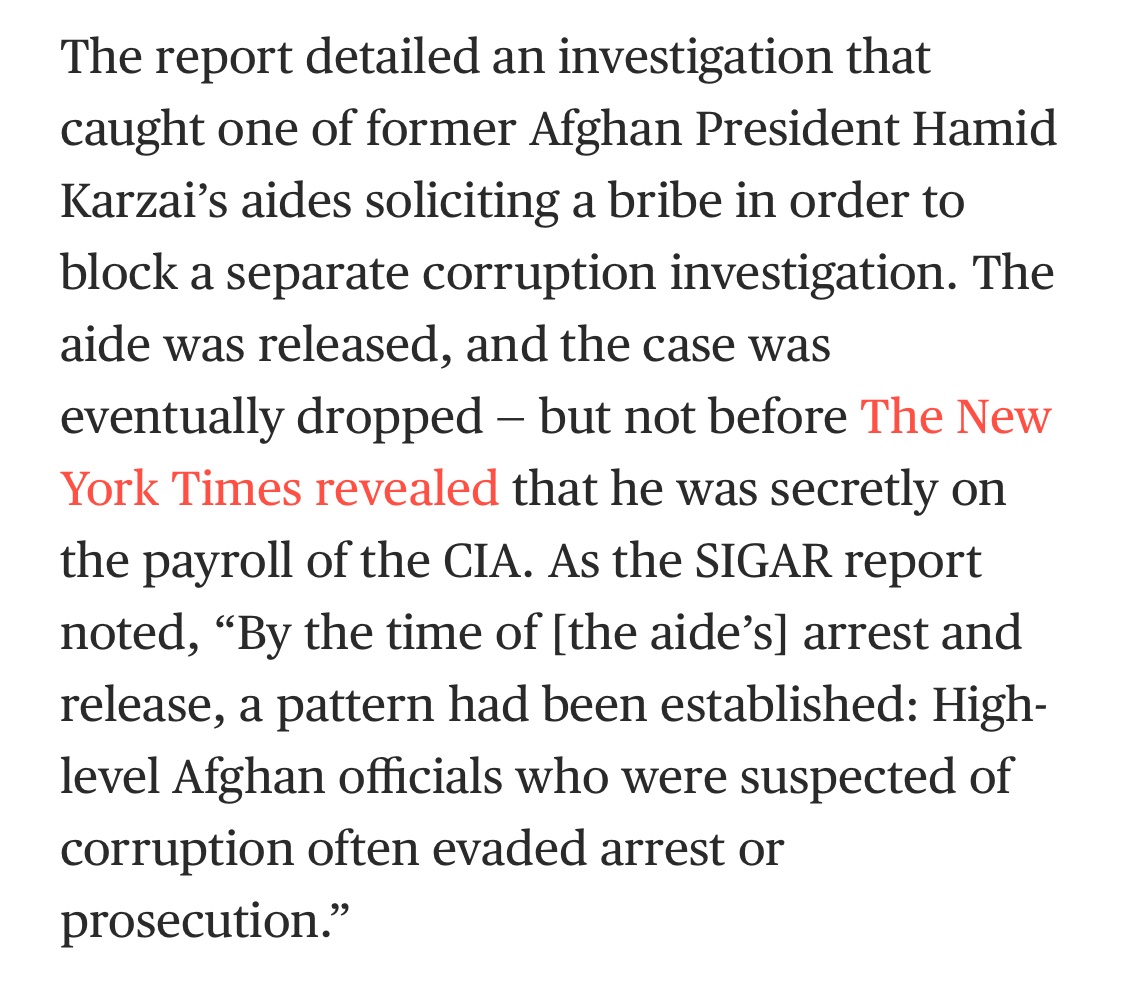
One potential silver lining of the U.S. pulling out of Afghanistan: Maybe Washington will finally—finally—be willing to actually go after kleptocrats and regimes in Central Asia, rather than prioritize security relations over absolutely everything.
In five years, a grand total of *two* Central Asian figures have been sanctioned under Global Magnitsky. No one from Turkmenistan. No one from Tajikistan. No one from Kazakhstan.
That's insane!
That's insane!
If the Biden admin wants to prove it's serious about elevating corruption to a core national security threat, it should also absolutely start launching sanctions salvos against leading corrupt regime insiders in the region.
No reason to hold back now.
No reason to hold back now.
https://twitter.com/SashoTodorov1/status/1427323186333503488
And if the U.S. wants to prove it learned a lesson from Afghanistan that fighting corruption *can never, ever be de-prioritized*, now would be a good time to start.
https://twitter.com/gigioconnell/status/1427306026353758215
You know who would make a great candidate for Global Magnitsky sanctions if the U.S. wants to prove it’s serious about combating kleptocracy?
Nazarbayev.
Nazarbayev.
https://twitter.com/apmassaro3/status/1427330660008669184?s=20
• • •
Missing some Tweet in this thread? You can try to
force a refresh










